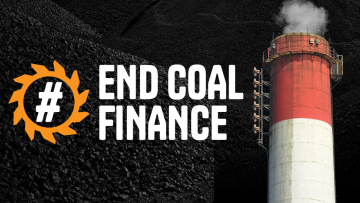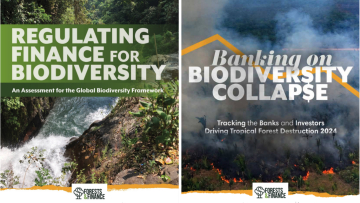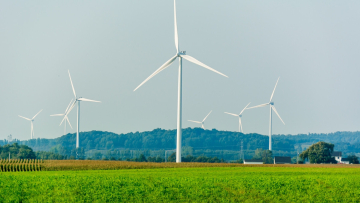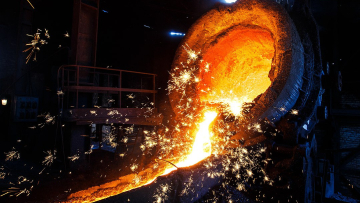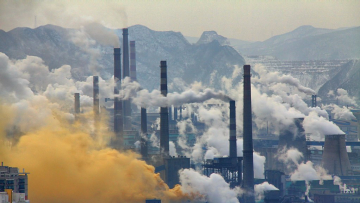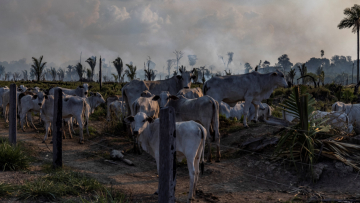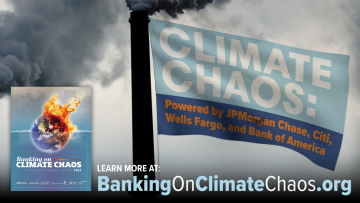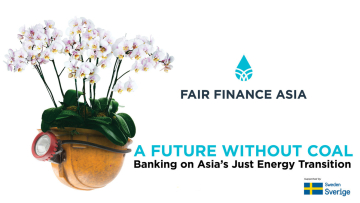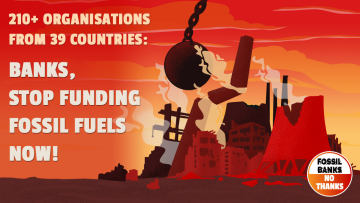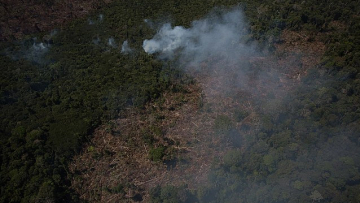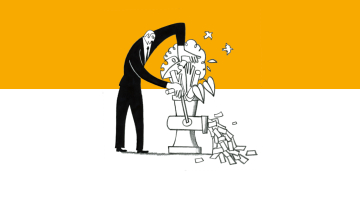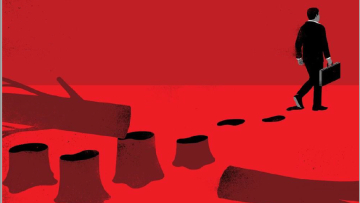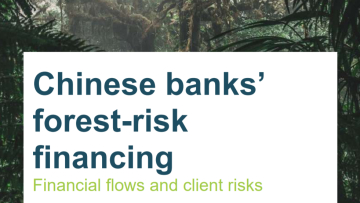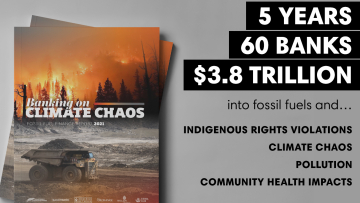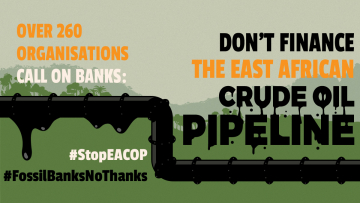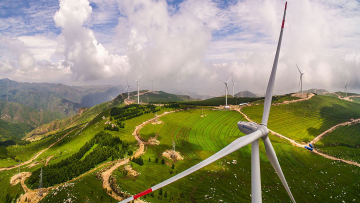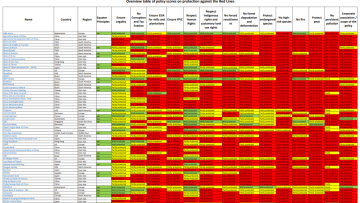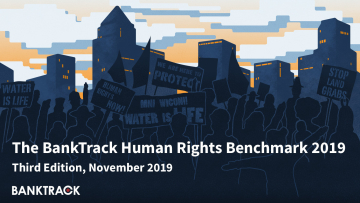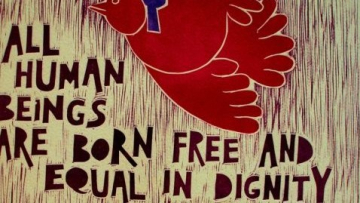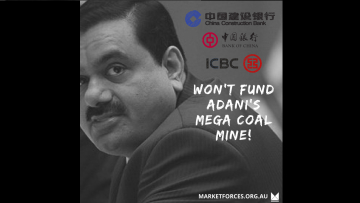
Active
This profile is actively maintained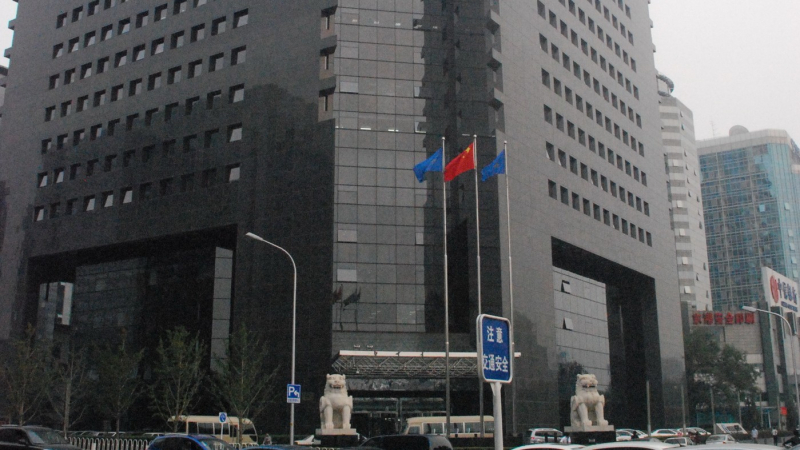
Active
This profile is actively maintained| Website | http://en.ccb.com/en/home/indexv3.html |
| Headquarters |
25 Finance Street, Xicheng District
Beijing
China
|
| CEO/chair |
Tian Guoli Chairman, Executive Director |
| Supervisor | |
| Ownership |
listed on Hong Kong Stock Exchange & Shanghai Stock Exchange
Central Huijin Investment (a state-owned investment company) holds a majority share of 57.11% in China Construction Bank. |
China Construction Bank (CCB), established in 1954, is one of the largest commercial banks in the world. CCB's business consists of corporate banking, personal banking, and treasury operations. It operates a network of 39 domestic branches and many sub-branches around mainland China. The bank operates overseas branches in Tokyo, Frankfurt, Ho Chi Minh City, New York, Seoul, Hong Kong, Sydney, Singapore, Johannesburg and a wholly owned subsidiary in London.
China Construction Bank's most important sustainability commitments can be found at the website sections listed below.
Links
China Construction Bank is linked to a number of companies and projects that BankTrack considers controversial (so called Dodgy Deals), e.g. as a current or past financier or through an expression of interest. The profiles below provide more details on the nature of China Construction Bank's link to these deals.
China Construction Bank does not operate a complaints or grievances channel for individuals or communities that may be adversely affected by the bank's finance.
This page evaluates China Construction Bank's responses to instances of alleged human rights violations linked to its finance, raised by civil society organisations. It is not intended to be exhaustive, but covers selected impacts raised by BankTrack and other civil society partners since 2016. For the full scoring methodology, see here. For more information about BankTrack's evaluation of bank responses to human rights impacts, see the 2021 report "Actions speak louder: assessing bank responses to human rights violations".
Banks and Climate
The 2024 Banking on Climate Chaos report showed that China Construction Bank provided US$ 77.803 Billion in financing to the fossil fuel industry between 2016 and 2023. In 2023 only, China Construction Bank provided US$ 3.605 Billion for oil, gas and coal companies expanding fossil fuels. Find further details on China Construction Bank fossil fuel portfolio and how it compares to other large banks globally on Fossil Banks No Thanks and in the Banking on Climate Chaos report.
Partner organisation Reclaim Finance tracks the coal, oil and gas policies of financial institutions, including banks, in their Coal Policy Tool (CPT) and the Oil and Gas Policy Tracker (OGPT). BankTrack works closely with Reclaim Finance and endorses their policy assessments. Find further details on their assessment of China Construction Bank's fossil fuel policy below.
Banks and Human Rights
BankTrack assessed China Construction Bank in its 2024 Global Human Rights Benchmark, where it achieved 0.5 points out of 15 and was ranked as a “laggard”.
The bank scored 0 out of 3 points on the new “specific rights indicators”, which assess how banks address human rights defenders, Indigenous Peoples’ right to Free, Prior and Informed Consent and environmental rights in their policies and practices.
In addition, China Construction Bank scored 0 out of 3 on how it responds to alleged human rights violations linked to its finance, which were raised by civil society organisations. More information is detailed in the “Accountability” section of this profile.
The table below shows BankTrack's assessment of how China Construction Bank has implemented the UN Guiding Principles on Business and Human Rights. Please click on 'expand all details' and 'explanation' for further information on the methodology.
Our policy assessments are always a work in progress. We very much welcome any feedback, especially from banks included in the assessments. Please get in touch at humanrights@banktrack.org.
Global Human Rights Benchmark 2022
Global Human Rights Benchmark 2024
Banks and Nature
China Construction Bank’s policies for forest-risk sectors (beef, soy, palm oil, pulp and paper, rubber and timber) have been assessed by the Forests & Finance coalition, achieving an overall score of 0.5 out of 10 and ranking it as a laggard. China Construction Bank achieved a score of 0.5 out of 10 specifically for its policies related to the beef sector and 0.5 out of 10 for its policies related to the palm oil sector. In addition, BankTrack and the Environmental Paper Network have assessed China Construction Bank’s policies related to the pulp and paper sector.
Between 2016 and 2022, China Costruction Bank provided USD 1,855 million in credit to companies operating in these forest-risk sectors and held investments amounting to USD 1 million as of 2022. For more information, see the links below.
Forest & Finance Policy Assessment 2022: Overall scores
A bank can obtain a total of 10 points for the quality of its policies. The total score is based on their scores per sector, weighted against their financing and investment for each sector. For further details on this see here. Based on their overall score, banks are then classified as Laggards, Followers, Front runners or Leaders, as follows:
Forest & Finance Policy Assessment 2022: Beef
A bank can obtain a total of 10 points for the quality of its beef policy. The total score is based on their scores per sector, weighted against their financing and investment for each sector. For further details on this see here. Based on their overall score, banks are then classified as Laggards, Followers, Front runners or Leaders, as follows:
Forest & Finance Policy Assessment 2022: Palm Oil
A bank can obtain a total of 10 points for the quality of its palm oil policy. The total score is based on their scores per sector, weighted against their financing and investment for each sector. For further details on this see here. Based on their overall score, banks are then classified as Laggards, Followers, Front runners or Leaders, as follows:
Banks and Steel
According to a report by Reclaim Finance, between 2016 and June 2023, China Construction Bank provided $20.4 billion in finance to the fossil-steel industry, making it the 2nd largest financier worldwide. Find further details on China Construction Bank's steel financing and how it compares to other large banks globally in the report.


